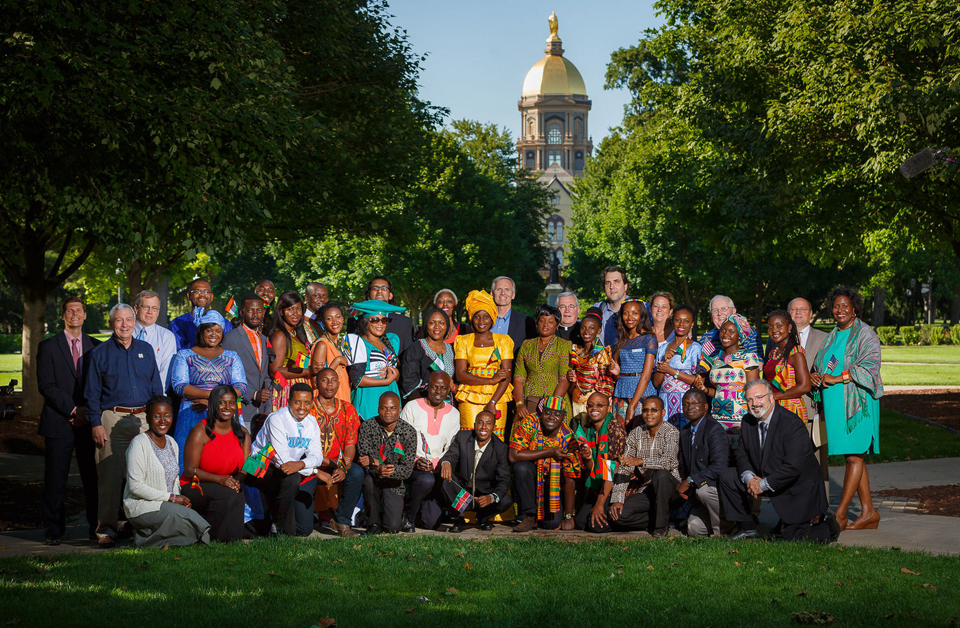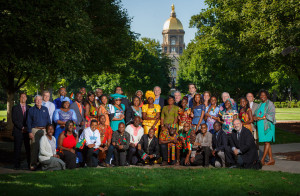

By Carolyn Conte | The Duquesne Duke
This summer, students taking summer classes at Duquesne will have the opportunity to share campus with 25 young adults from the African continent.
As part of President Obama’s Young African Leaders Initiative, the Mandela Washington Fellowship for Young African Leaders is a diplomatic effort to offer rising Africans connections and skills.
There are three potential tracks in the Mandela Fellowship, and Duquesne, among only 13 others, was granted the Civic Leadership role. Other schools will specialize in public management, business and entrepreneurship, and the University of California will offer a special institute for energy. The Civic Leadership Institute is designed to nurture the African fellows who engage with the public in non-governmental organizations.
According to a brief written about the program, “Duquesne’s institute will expose fellows to the meaning of civic leadership in the United States.”
Duquesne was also the only school in Pennsylvania, of the 38 involved nationally, to be a part of the fellowship. Other universities who will host young leaders include Syracuse, Notre Dame and Berkeley.
Joseph Decrosta, Duquesne’s director of international programs, said the fellows will study three primary areas of civic leadership: advocacy, strategic planning and organizational development.
“We’re putting together a curriculum to give an idea of what’s going on in this country,” he said. “We don’t want to tell them what they should be doing, but to give them knowledge and expertise.”
Decrosta added that he hopes the fellows will take these ideas as inspiration for new techniques to apply within their respective leadership roles.
An estimated 40,000 applicants, mostly university graduates, will vie for the scholarships, but only 1,000 will be accepted into the six-week nationwide program that begins June 17.
Gerald Boodoo, Duquesne’s director of African studies, said this program will help sub-Saharan Africa build a stable political world and economy. He hopes Duquesne’s participation will help connect Pittsburgh’s economic, political and social communities to African communities. Boodoo added that the experience should help Americans understand Africa’s diversity, while also showing Africans how America is diverse.
“They just might be able to help us shed our negative stereotypes of Africans,” Boodoo stated.
The President of Duquesne’s Union of African Students, Josiane Kadjo, has high hopes for the program too.
“My wish is that they will be able to expand their knowledge, apply the concepts they will hear about at Duquesne into their respective communities, and build additional leadership skills which will allow them to further develop African countries,” she said.
Duquesne participation will be financed by $144,000 from the U.S. Department of State and $100,000 from the university. Duquesne’s donation to the program was funded through staff salaries, facility use and people’s donated time, according to Decrosta.
Duquesne is currently in search of locals who can serve as weekly mentors and panel speakers for the fellows. The university also hopes to find more opportunities for community service and networking.
“This is the way to help develop Africa in the long term — most importantly through its own people,” Decrosta said.




